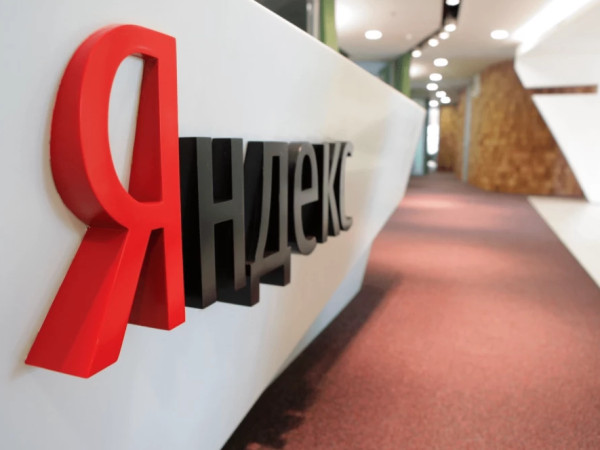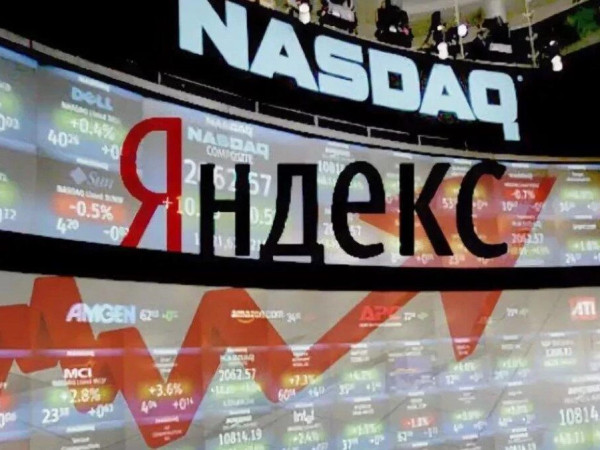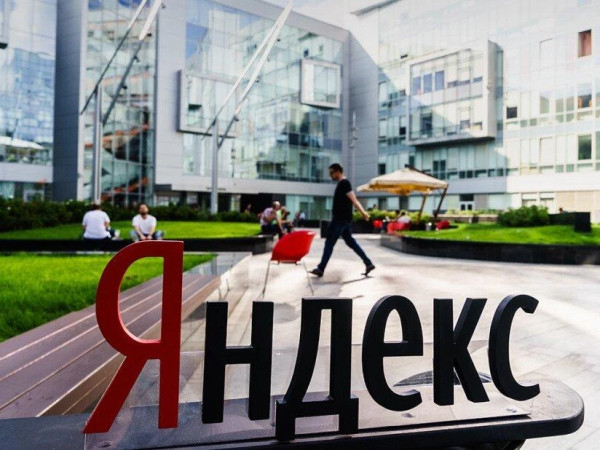Russian tech giant Yandex has said it is reorganizing its operations, moving to cut its ties with Russia in a restructuring that solidifies government control over a company once seen as a bellwether for the country's digital economy.
The announcement comes after months of internal turmoil, with executives departing, the sale of the two of the company's best-known products, and company shares hitting basement prices prior to being frozen on international stock exchanges.
"These are exceptionally challenging times," John Boynton, chairman of Yandex's board of directors, said in a statement released late on November 25.
According to the online news site The Bell, which was first to report on the reorganization, Yandex's parent company, which is headquartered in the Netherlands, will lose ownership and control of all businesses of the Yandex Group.
A new, Russian-incorporated company will take over those operations, with a new board headed by Aleksei Kudrin, a longtime confidant of President Vladimir Putin who currently heads the Audit Chamber, a government fiscal watchdog.
The Bell said Kudrin met with Putin November 25, and that Kudrin would receive 5 percent of shares in the newly reorganized entity. On November 25, hours before the company statement, the state news agency RIA Novosti reported that Kudrin intended to leave the Audit Chamber before year's end, and join Yandex.
The deal also called for Vladimir Potanin, a billionaire oligarch whose fortune comes from ownership of metals giant Norilsk Nickel, to take a minority position, The Bell said.
In its statement, Yandex said it had "commenced a strategic process to review options to restructure the group's ownership and governance in light of the current geopolitical environment."
"The board anticipates that Yandex N.V. will in due course be renamed, with the business to be divested retaining exclusive rights for the use of the Yandex brand," it said, adding that shareholders must approve any corporate changes.
Under the reorganization, founder Arkady Volozh, who left Russia after the invasion and now lives in Israel, will retain some licensing rights to develop Yandex-originated ventures outside of Russia.
A combination of Google, Uber, PayPal, Bolt, Amazon, and myriad other online businesses, Yandex was the dominant tech company in Russia, employing thousands of engineers, programmers, and designers across its sprawling divisions.
The company, whose U.S.-traded shares were held by major U.S. mutual funds and investment companies, had been under pressure since at least 2019, when it was forced to give state bank Sberbank a veto over major management decisions. The voting power was later transferred to a Russian foundation.
But it was the Russian invasion of Ukraine, now in its 10th month, and the Kremlin's censorship of news and debate about the war-- and the rampant problems that Russians forces have faced on the battlefield -- that forced the final, sweeping decision.
Shortly after the February 24 invasion, the Kremlin pushed through legislation that criminalized "discrediting the armed forces of the Russian Federation" -- a catch-all measure that has allowed the authorities to go after Russians who protest the war, question its motivations, or even criticize the civilian or military leadership. Russian media are barred from calling the conflict a "war," instead using the phrase "special military operation."
Parliament has since tightened those restrictions further.
Yandex's search engine, and its main news page, Yandex News, were the dominant portals used by Russians to search for news, including about the war. But the company began tweaking its algorithms to direct searches toward state-run media around the time of the invasion.
On March 7, two board members quit in protest. A week later, the deputy executive director resigned, after he was hit with European Union sanctions. Volozh resigned in June after he was hit with EU sanctions, RFE/RL reports.















